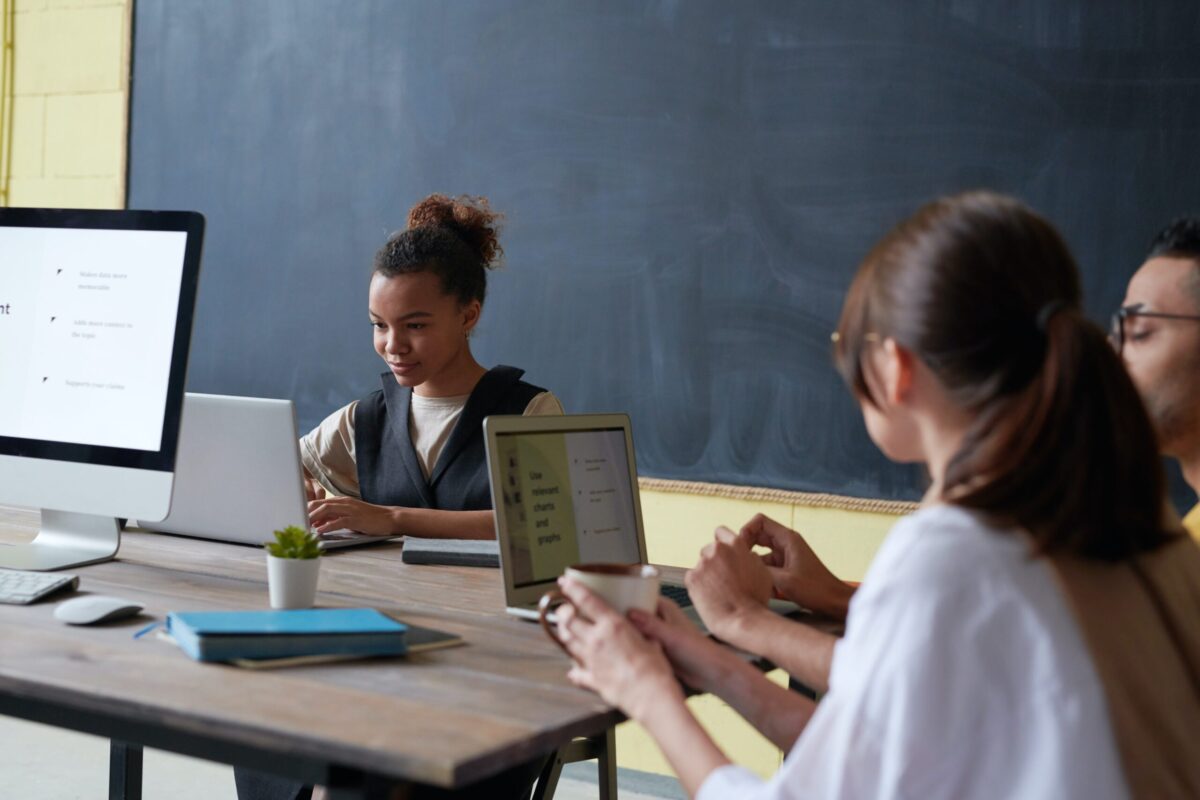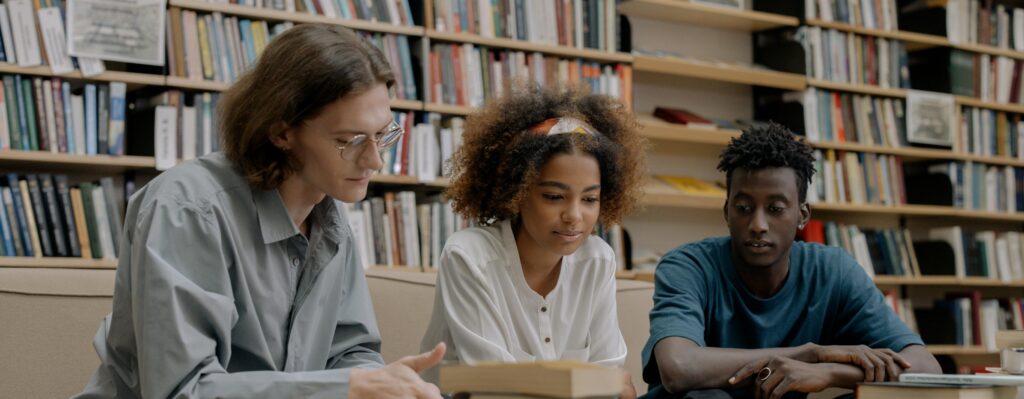Key Tips to Get Started at Your School
Here are a handful of key tips that’ll help you get started. These tips consider many perspectives, from the school and leadership, to teachers, to check in habits, and some suggestions for students.
Of course, this is just a starting point!
Leadership
Ensure that someone from your school is the leader of the program. This provides a point of focus and someone to coordinate input from students, teachers and other support staff.
Year group coordinators are also very important and should be actively considered.
Upskill Your Teachers
Individual teachers play a vital role in leading check ins with their classes. It’s no surprise that teachers need to understand the platform and the process of checking in.
We help schools with templates and support. Which brings us to….
Take up the Offer of Teacher Training
Supporting teachers on this journey is really important. We offer workshops and smaller sessions to help, and we’ve got a really important series of training videos that supplement the content of the workshop. These are available to refresh teachers at any time.
You can book staff training via hello@iyarn.com.au. One of these sessions is a great way to kick things off. Align intent, surface the questions and plan for getting started with your students.
Involve Your Students
Enrol young people on the journey of why check ins are important, as a life skill and as a regular practice. Checking in can play a key role in promoting wellbeing, de-stigmatising mental health and creating psychologically safe schools.
Seeking input from a youth advisory group is one of the ways to involve your students. These can be a useful group to co-created/workshop the design of the check ins on behalf of the wider student body.
Commit to a Regular Time
Having a regular timeslot for check ins is mentioned often in our case studies with classes that have made a habit of checking in. Encourage students to complete their check ins during this time.
School leadership can help too, by suggesting a suitable frequency for the check ins.
Focus on Conversations
Check ins are to facilitate conversations, not just a survey tool ie. after every classroom check in, let students know you’ve seen results, discuss strengths, be available for follow up
Evolve and be Flexible
Be willing to have conversations with young people about changing segments to best meet their needs.
Another suggestion is to balance standardisation with some flexibility. Some specific groups may need the process or the design of the check ins tailored to suit.
Empower Students to Use the Tool
Empower young people to create check ins for their own personal needs. There are many useful ways to check in, whether that’s in the school environment, or for annual personal goals, or shorter term focuses (such as exam preparation or a special project outside of school).




